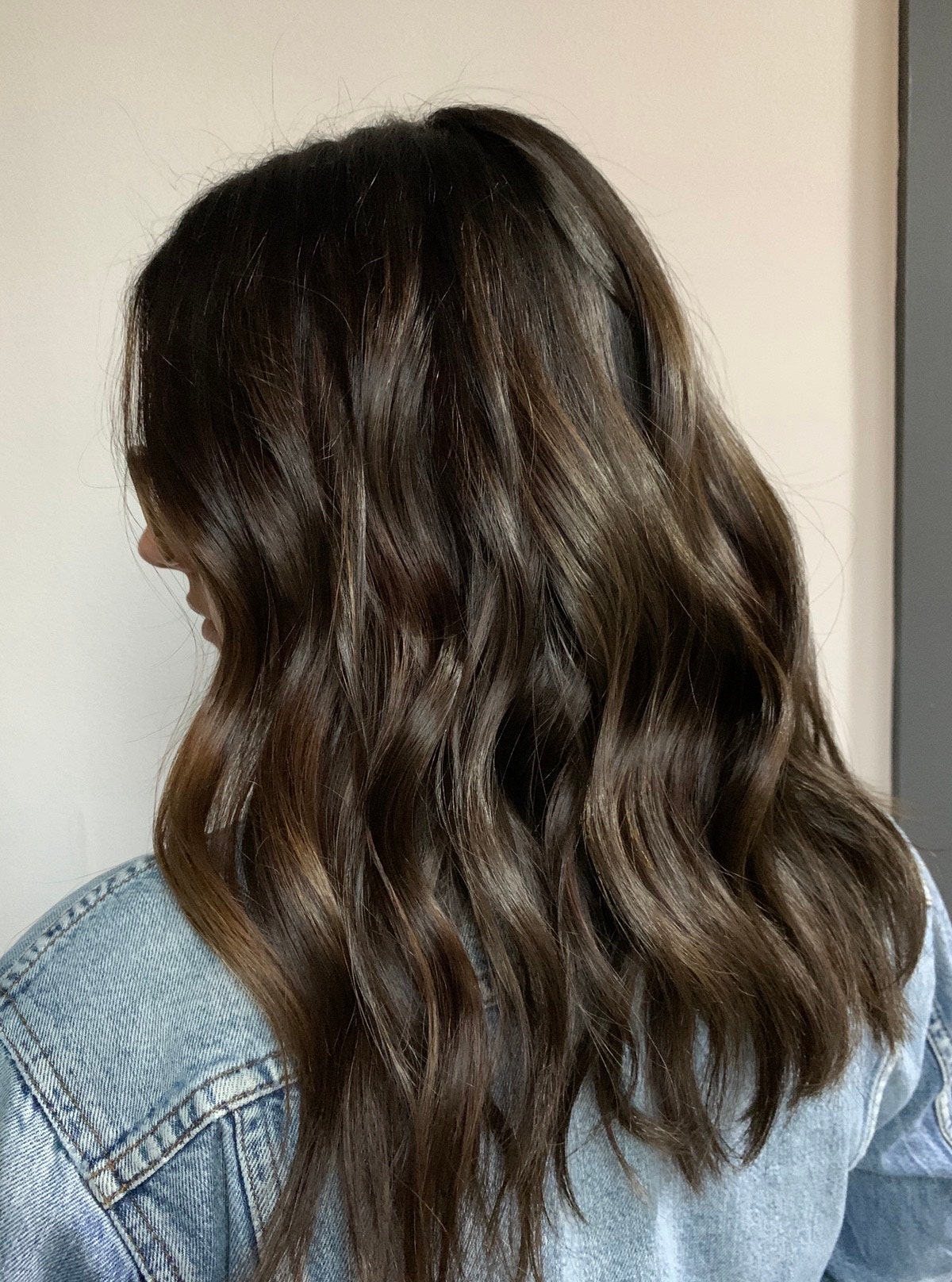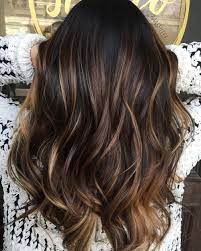Afro hair is a style for curly or kinky hair. It can be created naturally or with the use of chemical curling products. The style can also be achieved by individuals with naturally straight or curly hair. However, it can be quite expensive. Let’s look at some of the advantages and disadvantages of this type of Hairstyle.
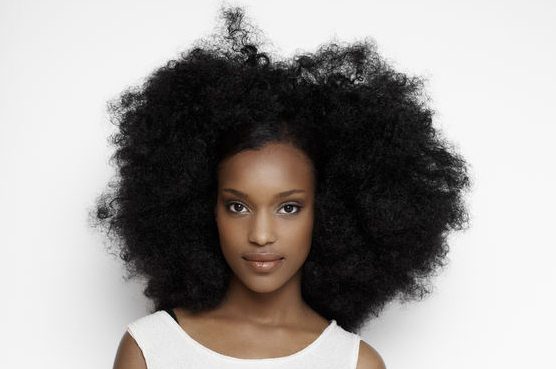
afro Hair is the most fragile type of hair
Because of its unique texture, afro hair is much more fragile than the Hair of other races. It is prone to breakage and damage when exposed to extreme heat and chemicals. To protect your afro hair, try to keep it moisturized. The natural coiled structure makes it more difficult for oils to distribute through the Hair. Applying coconut oil or a nourishing conditioner on your hair will help prevent breakage.
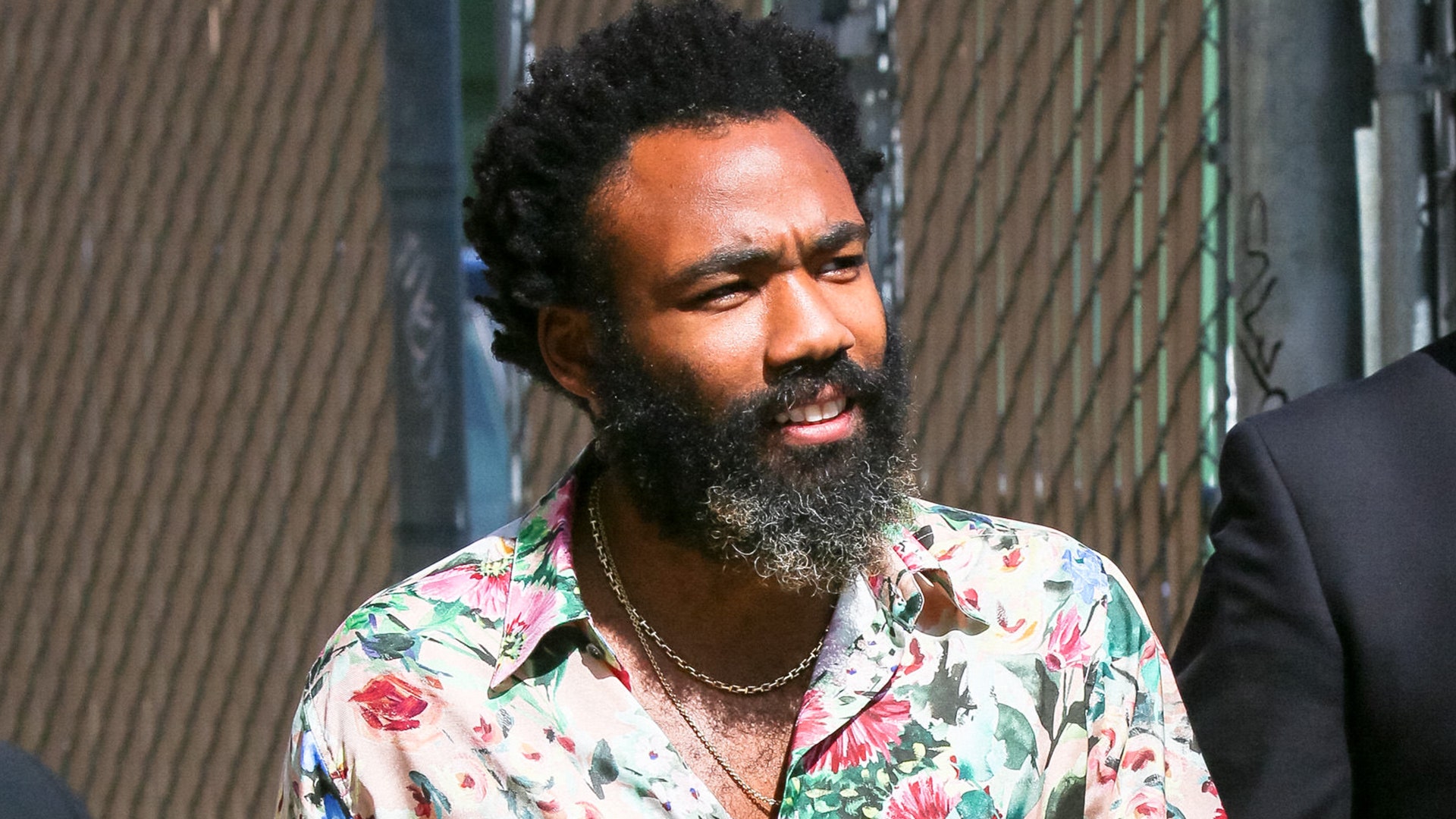
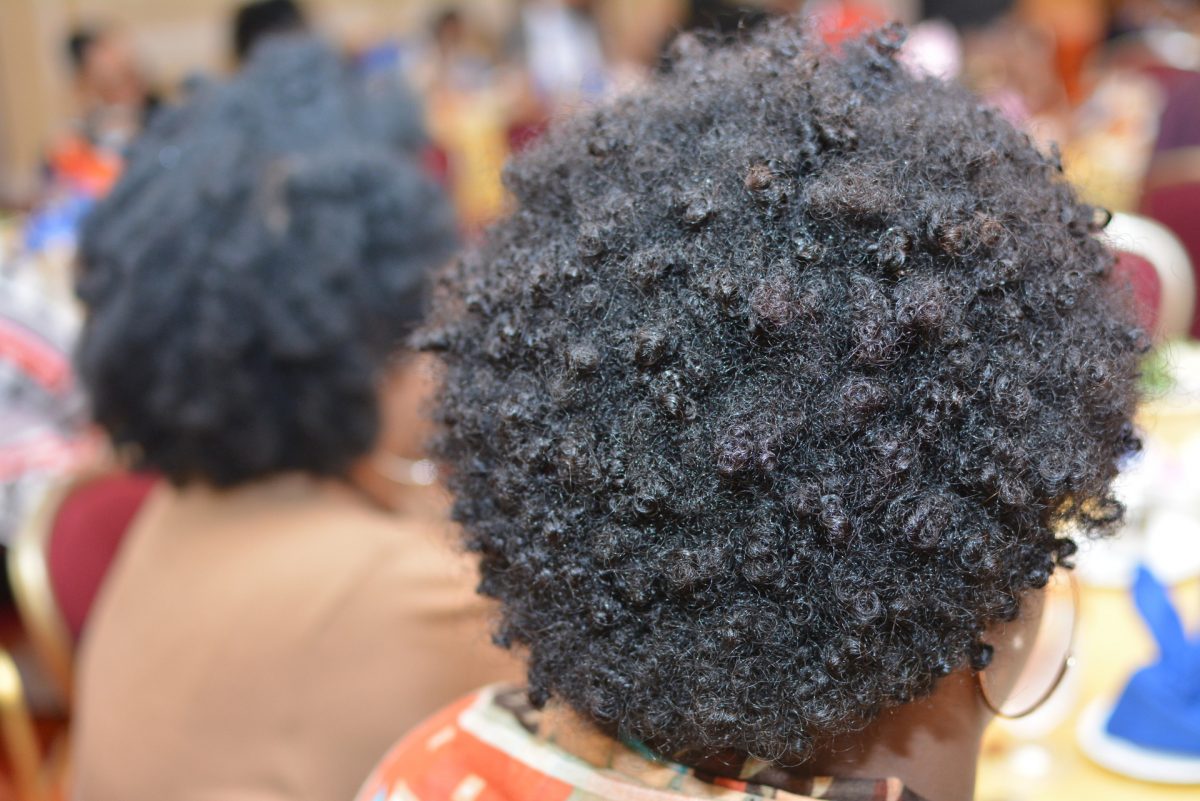
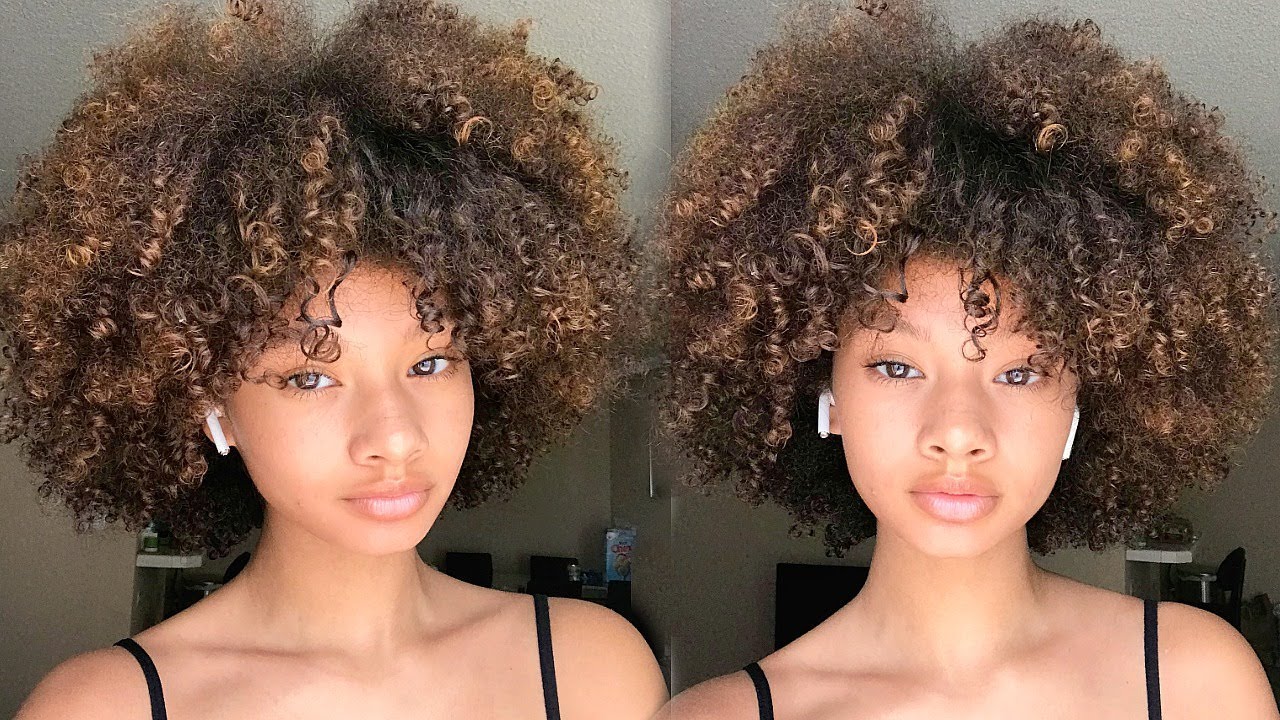
Although it is not entirely clear why Afro hair is more fragile than other types of hair, certain factors have been implicated in its high brittleness. For example, tight curls and twists can be prone to breakage and tangling. Afro Hair is also more likely to break when combed or stretched. To help make it more manageable, apply a moisturizing oil to its ends and detangle it with a wide tooth comb and water.

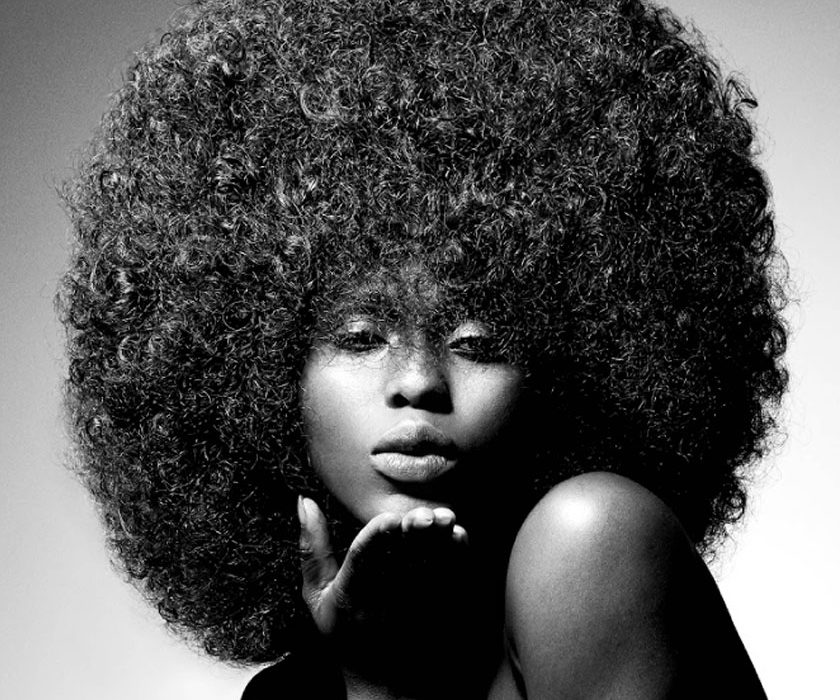
Another problem is the stigma attached to afro-textured hair. This stigma goes hand in hand with colorism, a form of discrimination against people with darker skin. People with afro-textured hair are perceived as having less privilege. As a result, they are often told to cover their hair.
Combs that are designed for hair of other types can also cause damage to afro-grade hair. Combs that are not made for 4C hair can be uncomfortable and cause hair breakage, so you should use the correct comb for your hair.
It is prone to breakage
When afro hair is not properly cared for, it can break easily. In order to avoid this, you should take steps to ensure that it remains healthy. First of all, you should make sure that you don’t expose your hair to too much sunlight as UV rays will weaken it. You can avoid sun damage by wearing a hat or covering it up when you are outside. Using a clarifying shampoo is another way to prevent breakage. It helps to balance the pH level in your scalp, which will prevent bacteria from growing. It also allows your hair to retain its natural oils.
Another way to prevent breakage is by combing or brushing your hair when it’s still wet. Using a good conditioning product will also reduce the stress that can cause your hair to break. While afro hair is naturally beautiful, excessive breakage can cause it to look dull and lifeless. Therefore, you should always check a small section of your afro hair after washing and before applying styling products. If your hair looks dull, this is an indication that it is damaged.
Unlike other hair types, afro hair is more likely to break when combed. This is due to the tightly curled, outward-facing nature of the strands. The morphology of Afro hair is also an important factor in its susceptibility to breakage.
It needs to be trimmed
If you have an afro head of hair, you know how important it is to trim it regularly. You can cut your afro hair yourself with a trimmer or use a professional stylist. These professionals know how to use hair clippers and can cut your afro hair evenly. It is recommended to trim your afro hair every six to eight weeks.
The first step in trimming your afro hair is to understand the proper technique. Split ends can cause damage to the hair because they travel up the shaft. Split ends can be caused by excess heat, lack of moisture, tension on the ends, and over-handling. In addition, split ends can also be caused by poor grooming practices.
When trimming your afro hair, avoid cutting it while it’s still wet. The natural curl pattern of 4C hair loosens when it’s wet. This natural curl pattern returns once the hair is dried. Therefore, trimming your afro hair while it’s still wet can lead to the hair shrinking.
It is expensive
The price of Afro hair is often prohibitive for Black women. It’s expensive because products for naturally textured hair cost more per unit and are used more frequently than products for straight hair. This cost is especially high when inflation in the UK is at its highest point in 40 years. As a result, Black women often have few options to avoid this expense.
The price of Afro hair is often prohibitive, and you should consider that it has a long history. It’s been an issue for Black British women for many years. Although prices have decreased significantly in recent years, Afro-textured hair products are still seventy per cent more expensive than those for straight hair.
It is time consuming
If you’ve been told for a long time that you can’t have natural hair, you’re probably right. This type of hair is often time consuming and can be difficult to manage. Many people have also been told that it’s unprofessional. There are also many people who think that it is inappropriate or looks nappy. Although the criticisms are largely unfair, there are also many benefits to having natural hair.
Because black hair is naturally dense and prone to tangles, you should develop a good detangling routine. The best way to tackle tangles is to use a wide-tooth comb. A comb with a wide tooth can help you detangle afro hair without causing damage.
Maintaining afro hair isn’t an easy task. It takes time, patience, and a lot of care. If you’re looking to keep your afro looking fresh, you’ll need to use a nourishing hair product and apply a protective style. This will help to prevent damage to your hair follicles and leave it looking healthy and vibrant.
Natural afro hair has various curl types, from mildly curly to very kinky locks. To determine your type, use the chart below. Type 2A hair is least curly, while type 2B has more waves and is slightly frizzy.
